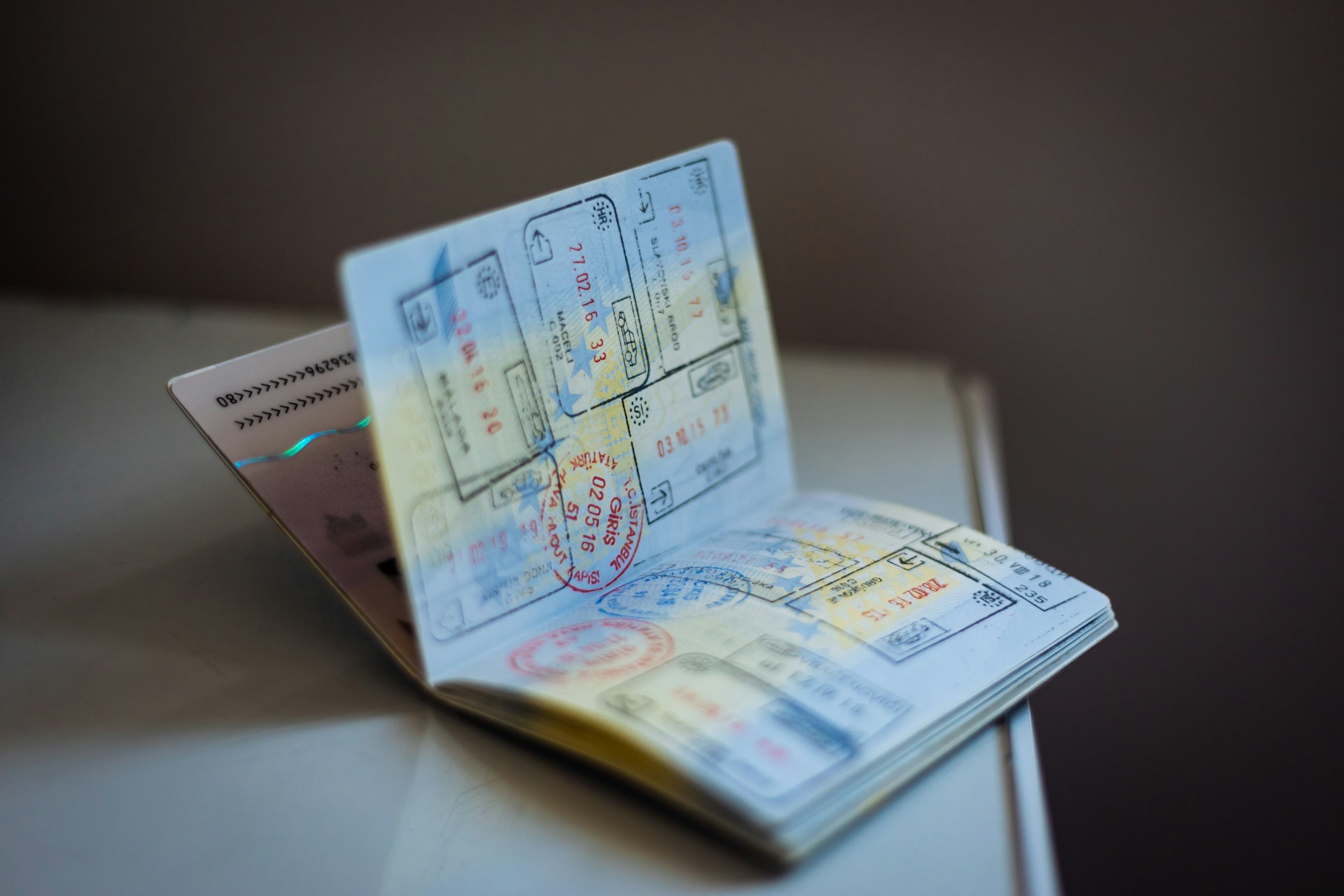On 30 December 2023, the Council of the European Union unanimously agreed to eliminate air and maritime internal border controls for Bulgaria and Romania, effective from 31 March 2024[1]. This decision represents a partial integration of the two countries into the Schengen Area[2], which allows over 400 million people to travel freely between member states without border checks.
Although this is a significant step towards full Schengen membership for Romania and Bulgaria, they remain only partially integrated, as land border controls are still in place. These controls create difficulties for millions of passengers travelling through the two countries each year, despite both having met all the technical requirements for full Schengen membership. What they now lack is the political agreement that would grant them the full benefits they rightly deserve.
AdvertisementEnhanced Border Security
Since the partial integration of Romania and Bulgaria into the Schengen Area on 31 March 2024, with the removal of air and maritime border checks, there has been no significant increase in illegal migration through either country. This demonstrates that Romania and Bulgaria are effectively securing the EU’s external borders, adhering to Schengen rules, and implementing European security standards.
Granting these two countries full Schengen membership would complete the security framework along the EU’s eastern borders, ensuring even better control over who enters and exits the area. This move would not only strengthen border security but also reinforce the integrity of the Schengen Area as a whole.
Economic Benefits and Free Movement
Fully integrating Romania and Bulgaria into the Schengen Area would also bring considerable economic benefits. At present, land border controls cause delays for goods transport and for those travelling by car, often forcing companies and individuals to endure lengthy waits at border crossings. This creates unnecessary obstacles to trade and movement.
Removing these land border checks would likely increase investment, stimulate job creation, and provide more business opportunities in the region. It would also further develop the EU’s internal market, promote the free movement of goods, and enhance the Union’s global competitiveness. Moreover, full Schengen membership would ensure that Romanian and Bulgarian citizens can finally exercise their fundamental right to free movement across all member states.
Romania and Bulgaria’s Aim for Full Schengen Integration in 2024
The authorities in Bucharest and Sofia expect[3] a decision on full membership in Schengen by the end of the year. Hence, full access to the Schengen Area should be decided during the Justice and Home Affairs Council (JHA) on 10-11October 2024. In this context, Ylva Johansson, the European Commissioner for Home Affairs, together with Hungary’s interior minister, are to propose to the Council of EU that checks at land borders be abolished.
This ambition should come as no surprise, as the two countries have met all technical requirements for Schengen membership since 2011. The only remaining obstacle is the political consensus among member states.
Political considerations should no longer obstruct the full integration of Romania and Bulgaria into Schengen, particularly given that unity and solidarity are core principles of the European Union. Moreover, both countries have demonstrated their ability to protect the EU’s external borders to the highest standards.
[1] https://ec.europa.eu/commission/presscorner/detail/en/ip_24_1722
[2] https://www.consilium.europa.eu/en/policies/schengen-area/
[3] https://www.euractiv.com/section/politics/news/bulgaria-expects-decision-on-full-schengen-accession-by-years-end/

















































